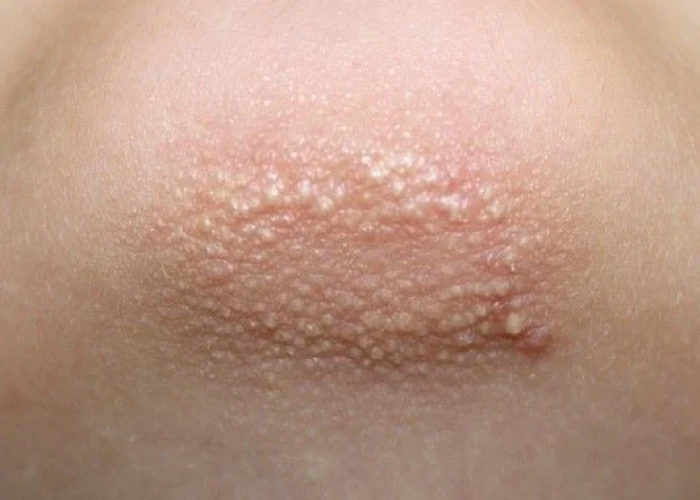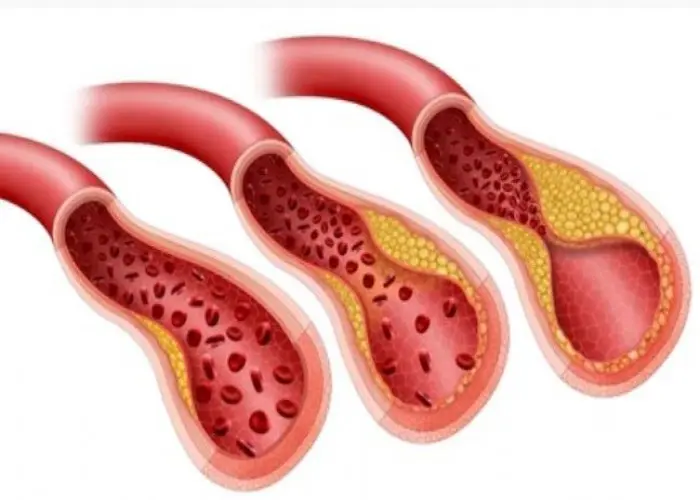 Welcome
Welcome
“May all be happy, may all be healed, may all be at peace and may no one ever suffer."
Primary ovarian insufficiency

Primary ovarian insufficiency (POI), also known as premature ovarian failure (POF), is a condition in which the ovaries stop functioning normally in women under the age of 40. POI can cause infertility and premature menopause, which can lead to a range of symptoms such as hot flashes, vaginal dryness, and mood changes.
The exact cause of POI is not fully understood, but it is thought to be related to a combination of genetic, autoimmune, and environmental factors. Some of the known causes of POI include genetic disorders such as Turner syndrome, autoimmune disorders such as thyroiditis or lupus, and exposure to radiation or chemotherapy.
The diagnosis of POI is typically made based on a combination of clinical symptoms, hormone levels, and imaging studies such as ultrasound or magnetic resonance imaging (MRI). Women with POI will typically have high levels of follicle-stimulating hormone (FSH) and low levels of estrogen.
Treatment for POI is focused on managing symptoms, preventing osteoporosis, and addressing fertility concerns. Hormone replacement therapy (HRT) is often prescribed to replace the estrogen and progesterone that the ovaries are no longer producing. This can help to relieve symptoms such as hot flashes and vaginal dryness, as well as reduce the risk of osteoporosis. Women with POI who wish to become pregnant may be offered fertility treatments such as in vitro fertilization (IVF) or donor egg or embryo adoption.
POI can have a significant impact on a woman's physical and emotional health, as well as her ability to have children. It is important for women with POI to receive regular medical care and support from healthcare providers who are experienced in managing this condition.
Research Papers
Disease Signs and Symptoms
- Absent or irregular menstrual periods
- Difficulty getting pregnant
- Night sweats
- Vaginal dryness
- Dry eyes
- Irritability
- Reduced sexual desire
Disease Causes
Primary ovarian insufficiency
Primary ovarian insufficiency may be caused by:
- Chromosome changes. Some genetic disorders are associated with primary ovarian insufficiency. These include conditions in which you have one typical X chromosome and one altered X chromosome (mosaic Turner syndrome) and in which X chromosomes are fragile and break (fragile X syndrome).
- Toxins. Chemotherapy and radiation therapy are common causes of toxin-induced ovarian failure. These therapies can damage genetic material in cells. Other toxins such as cigarette smoke, chemicals, pesticides and viruses might hasten ovarian failure.
- An immune system response to ovarian tissue (autoimmune disease). In this rare form, your immune system produces antibodies against your ovarian tissue, harming the egg-containing follicles and damaging the egg. What triggers the immune response is unclear, but exposure to a virus is one possibility.
- Unknown factors. The cause of primary ovarian insufficiency is often unknown (idiopathic). Your health care provider might recommend further testing to find the cause, but in many cases, the cause remains unclear.
Disease Prevents
Disease Treatments
Treatment for primary ovarian insufficiency usually focuses on the problems that arise from estrogen deficiency. Your health care provider might recommend:
- Estrogen therapy. Estrogen therapy can help prevent osteoporosis as well as relieve hot flashes and other symptoms of estrogen deficiency. Your provider may prescribe estrogen with the hormone progesterone, especially if you still have your uterus. Adding progesterone protects the lining of your uterus (endometrium) from precancerous changes that may be caused by taking estrogen alone.
- The combination of hormones may make your period come back, but it won't restore ovarian function. Depending on your health and preference, you might take hormone therapy until around age 50 or 51 — the average age of natural menopause.
- In older women, long-term estrogen plus progestin therapy has been linked to an increased risk of heart and blood vessel (cardiovascular) disease and breast cancer. In young women with primary ovarian insufficiency, however, the benefits of hormone therapy outweigh the potential risks.
- Calcium and vitamin D supplements. Both nutrients are important for preventing osteoporosis, and you might not get enough in your diet or from exposure to sunlight. Your provider might suggest bone density testing before starting supplements to get a baseline measurement.
- For women ages 19 through 50, experts generally recommend 1,000 milligrams (mg) of calcium a day through food or supplements, increasing to 1,200 mg a day for women age 51 and older.
- The optimal daily dose of vitamin D isn't yet clear. A good starting point for adults is 600 to 800 international units (IU) a day, through food or supplements. If your blood levels of vitamin D are low, your provider might suggest higher doses.
Addressing infertility
There's no treatment proved to restore fertility. Some women and their partners pursue pregnancy through in vitro fertilization using donor eggs. The procedure involves removing eggs from a donor and fertilizing them with sperm. A fertilized egg (embryo) is then placed in your uterus.
Disease Diagnoses
Disease Allopathic Generics
Disease Ayurvedic Generics
Disease Homeopathic Generics
Disease yoga
Primary ovarian insufficiency and Learn More about Diseases

Keratosis pilaris

Night Discharge

Cerebral palsy

Listeria infection

Bronchitis

Cancer

Kleptomania

Carotid artery disease
primary ovarian insufficiency, প্রাথমিক ডিম্বাশয়ের অপর্যাপ্ততা
To be happy, beautiful, healthy, wealthy, hale and long-lived stay with DM3S.
